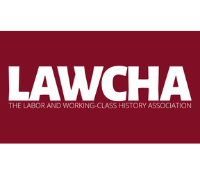NJ AFL-CIO History

Labor Movement Starts in New Jersey
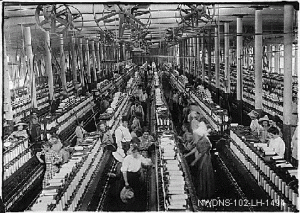
The Federation of Trades & Labor Unions of New Jersey is born. The Federation was a leader in the early fight for factory safety laws – including one law that mandated fire escapes and adequate ventilation at workplaces long before any other organization in America.
Gompers Founds AFL
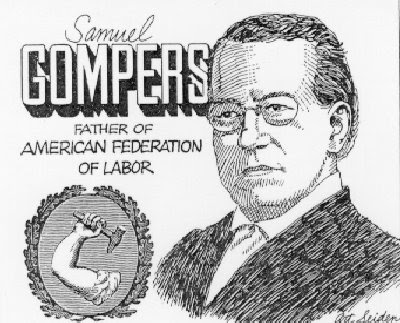
Labor organizer Samuel Gompers sets up the American Federation of Labor (AFL), a collection of trade unions that will play a vital role in the labor movement throughout the century to come.
Davis-Bacon Act

Davis-Bacon Act requires that federal contractors pay their workers the wages and benefits prevailing in the local market when working on a public works project. The law keeps employers from importing cheaper workers from outside the region.
Fair Labor Standards Act
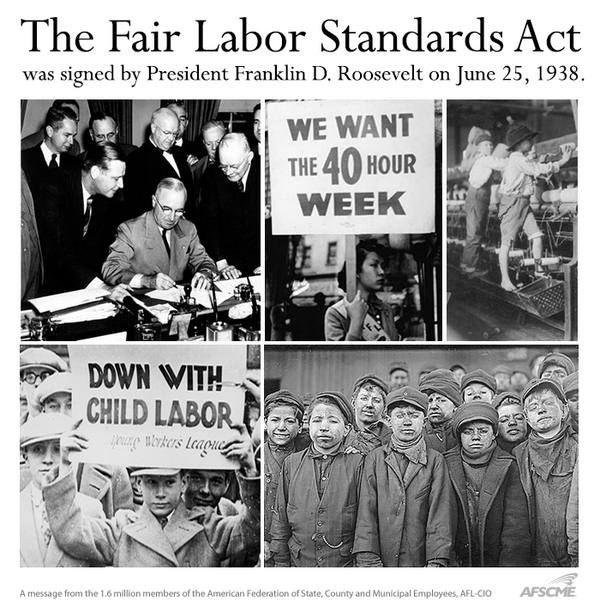
The Fair Labor Standards Act sets a 40-hour workweek with time-and-a-half for additional hours. It also establishes a national minimum wage and puts severe restrictions on child labor.
AFL-CIO Merger
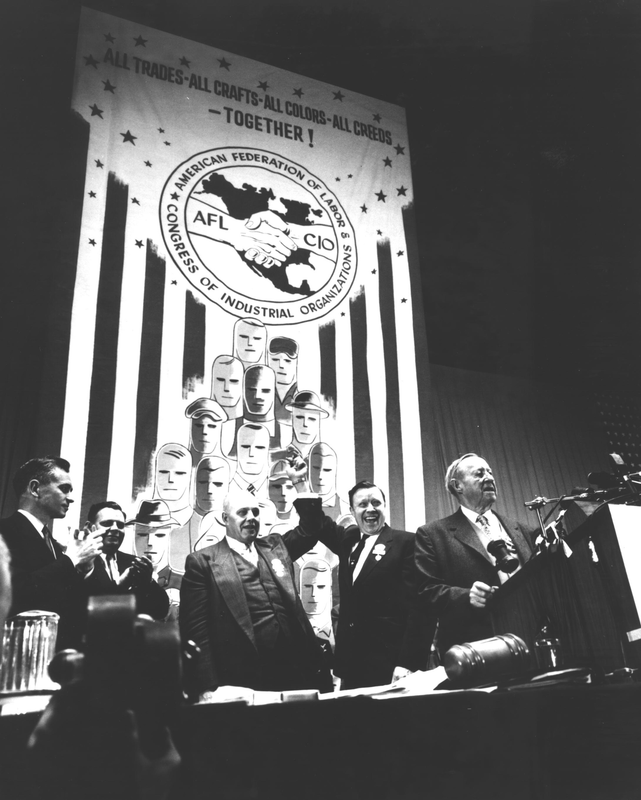
Representatives of the AFL and CIO sign an agreement to merge, beginning a long period of unity within organized labor.
New Jersey State AFL-CIO Founded
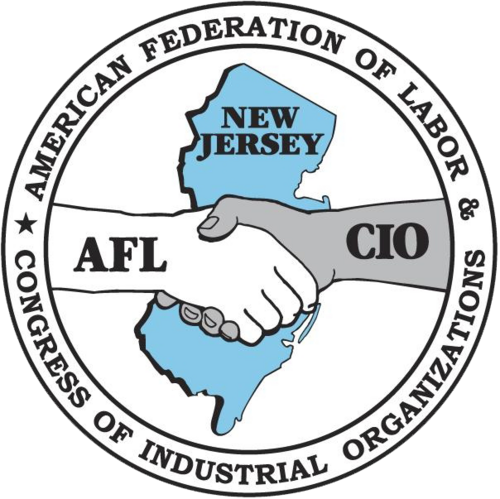
On September 25, 1961, more than 3,000 union members pack into a Newark armory to watch as two organizations formally come together to create the New Jersey State AFL-CIO. The State Federation, which now represents over one million members, serves as the voice of working families in New Jersey.
Equal Pay Act

The Equal Pay Act bans discrimination in wages on the basis of gender. As a result, women’s earnings will climb from 62% of men’s in 1970. Today, women earn approximately 79% as their male co-workers.
Civil Rights Act

The Civil Rights Act, a landmark civil rights and labor law, outlaws discrimination based on race, religion, sex or nation origin. The law prohibits unequal application of voter registration requirements, and racial segregation in schools, employment and public accommodations.
Progressive Income Tax in New Jersey
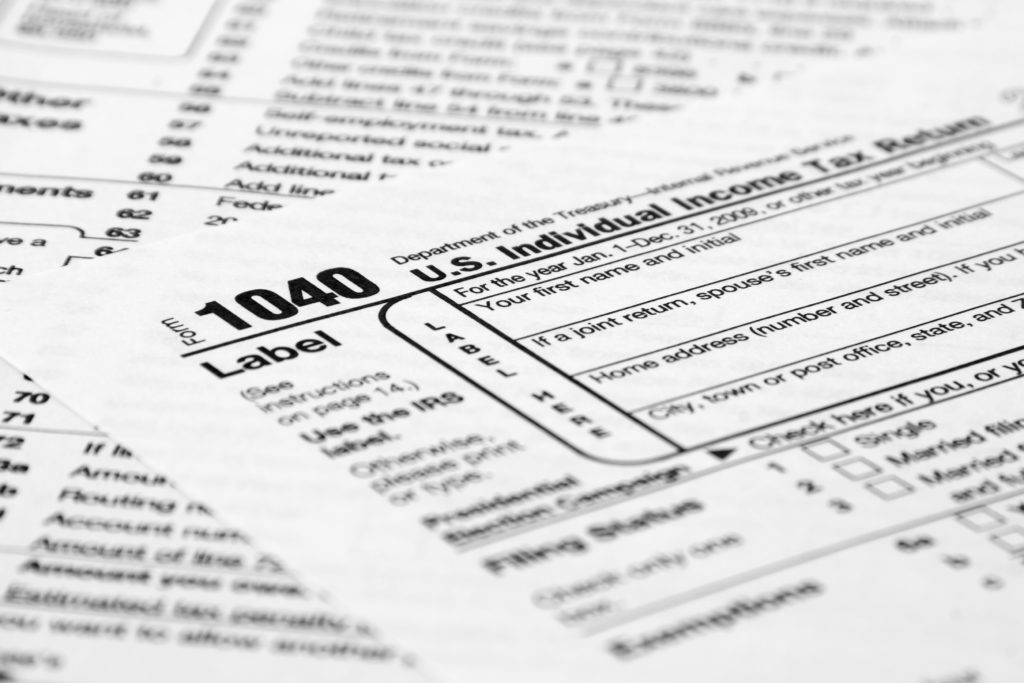
New Jersey introduces a progressive income tax. The new progressive tax system allows people with the greatest amount of resources to fund a greater portion of the services all people and businesses rely on, such as roads and first responders. It also reduces the tax burdens on New Jersey’s low-wage earners and stimulates the economy.
Transportation Trust Fund

New Jersey establishes the nation’s first statewide Transportation Trust Fund. The original Transportation Trust Fund Act was signed into law by Governor Thomas Kean to provide a stable and predictable funding source for transportation system improvements in New Jersey. The legislation created a new Special Transportation Fund, otherwise known as the “Trust Fund,” which could be used to fund transportation capital improvements for highways, public transportation and State aid to counties and municipalities.
Youth Transition-to-Work Program

New Jersey’s working families celebrate the passage of the Youth Transition-to-Work program. The mission of the program is to recruit, screen and facilitate effective transitions of high school juniors and seniors to high-skill, high-wage employment in labor demand occupations, with long-term career potential and opportunities for occupationally relevant lifelong learning, thereby motivating youth to greater success in secondary and postsecondary education.
Labor Candidates Program

The New Jersey State AFL-CIO establishes the Labor Candidates Program, a strategic, long-range campaign to make government more worker-friendly. The program recruits, trains, mentors and supports union members running for elected office. Since its inception in 1997, the program has celebrated more than 1,130 election victories and a nearly 80% win rate.
Pro-PLA Legislation in New Jersey
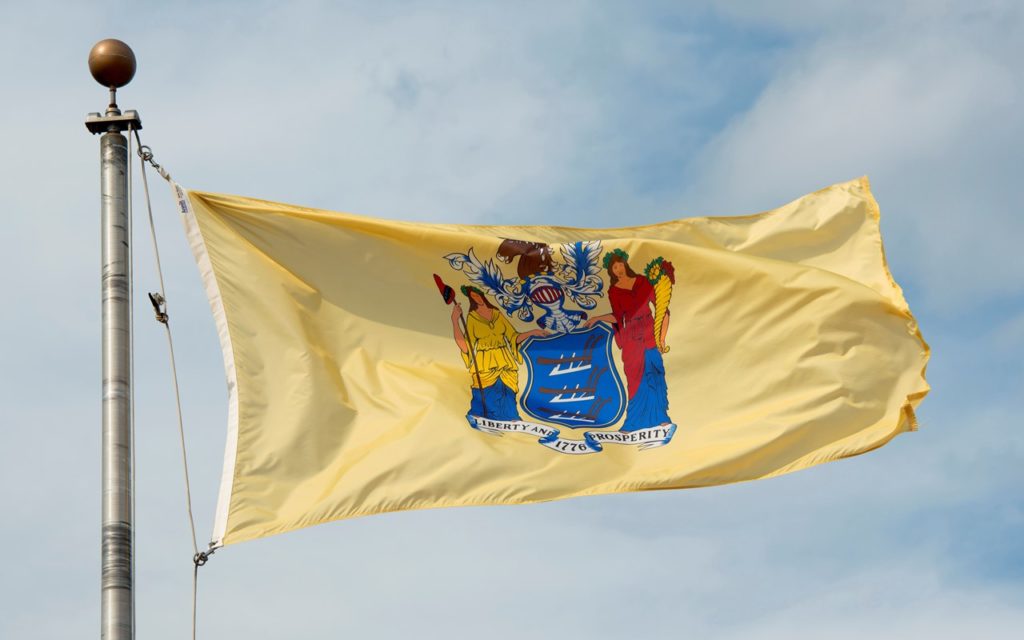
New Jersey enacts the nation’s first Project Labor Agreements (PLA) law, allowing the use of PLAs for some government funded projects. A Project Labor Agreement, also known as a Community Workforce Agreement, is a pre-hire collective bargaining agreement with one or more labor organizations that establishes the terms and conditions of employment for a specific construction project.
Card-Check Recognition in New Jersey

New Jersey enacts public-sector labor legislation mandating union recognition based on union authorization card signatures. The card-check law promotes union organizing by allowing unions to achieve recognition without a certification election, and to do so in ways that limit employer interference.
Paid Family Leave

New Jersey enacts the nation’s 2nd (and most successful) Paid Family Leave law. The law provides paid time off for workers who are dealing with the most major of life’s events, such as the birth of a child or a sick relative.
Lilly Ledbetter Fair Pay Act

President Barack Obama signs the Lilly Ledbetter Fair Pay Act. The act amends Title VII of the Civil Rights Act of 1964, stating that the 180-day statute of limitations for filing an equal-pay lawsuit regarding pay discrimination resets with each new paycheck affected by that discriminatory action. The law directly addressed Ledbetter v. Goodyear Tire & Rubber Co. (2007), a U.S. Supreme Court decision that the statute of limitations for presenting an equal-pay lawsuit begins on the date that the employer makes the initial discriminatory wage decision, not at the date of the most recent paycheck.
We Are One NJ
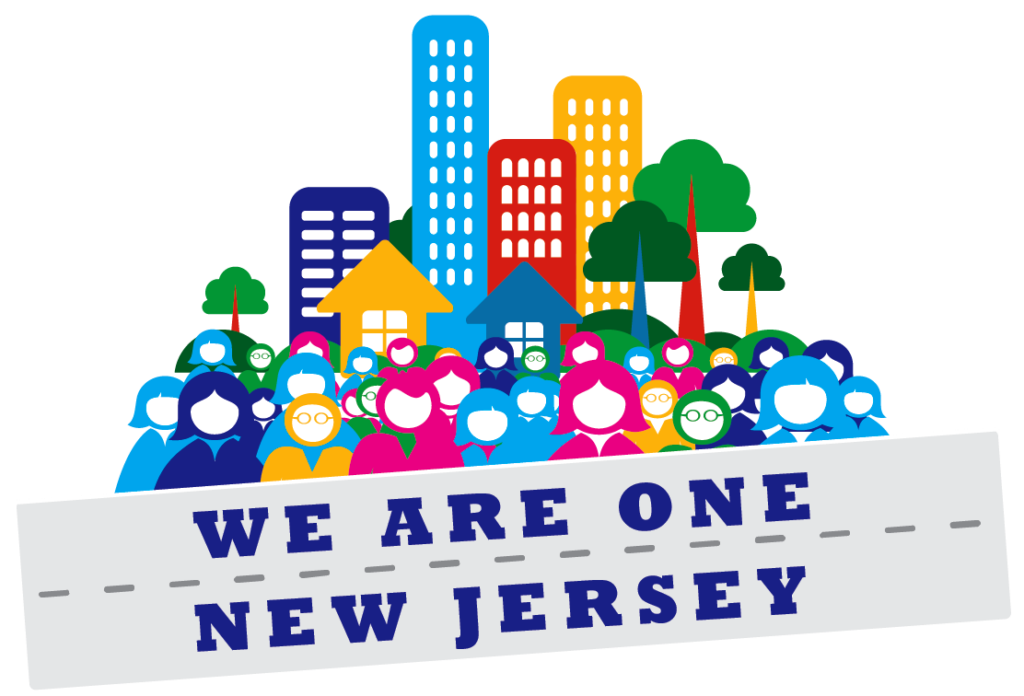
Through a collaborative project with Hudson and Union County governments, the New Jersey State AFL-CIO spearheaded the creation of We Are One NJ Inc., a non-profit organization that provides free support services to legal permanent residents seeking to attain U.S. citizenship. We Are One NJ centers opened in Hudson and Union Counties in 2014 and 2015. The centers provide U.S. citizenship application guidance, voter registration, Deferred Action for Childhood Arrivals application and renewal assistance, understanding of workplace rights and Notary services.
$15 Minimum Wage in New Jersey

Gov. Phil Murphy signed legislation that will raise New Jersey’s minimum wage to $15 per hour by 2024. The bill, sponsored by Senate President Steve Sweeney and Assembly Speaker Craig Coughlin, will grow the economy and raise wages for over one million New Jersey workers, giving them a foothold in the middle class.
Paid Family Leave Reform Law
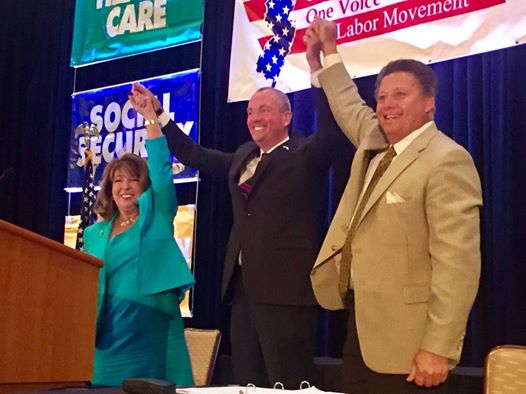
Gov. Phil Murphy signs Paid Family Leave Reform legislation. The law extends the paid leave period from six weeks to 12 weeks, increases the benefit amount from two-thirds of a claimant’s average weekly wage to 70 percent of that wage with a higher maximum threshold and expands job protection to businesses with 30 employees or more.
More Warning, Severance Pay in Mass Layoffs

On Jan. 21, 2020, New Jersey Gov. Phil Murphy signed a bill making New Jersey the first state in the nation to require employers with 100 or more full-time employees to provide severance to employees who lose their job in a mass reduction in force. The new law also requires employers to give 90 days’ notice before a mass layoff or plant closing.




